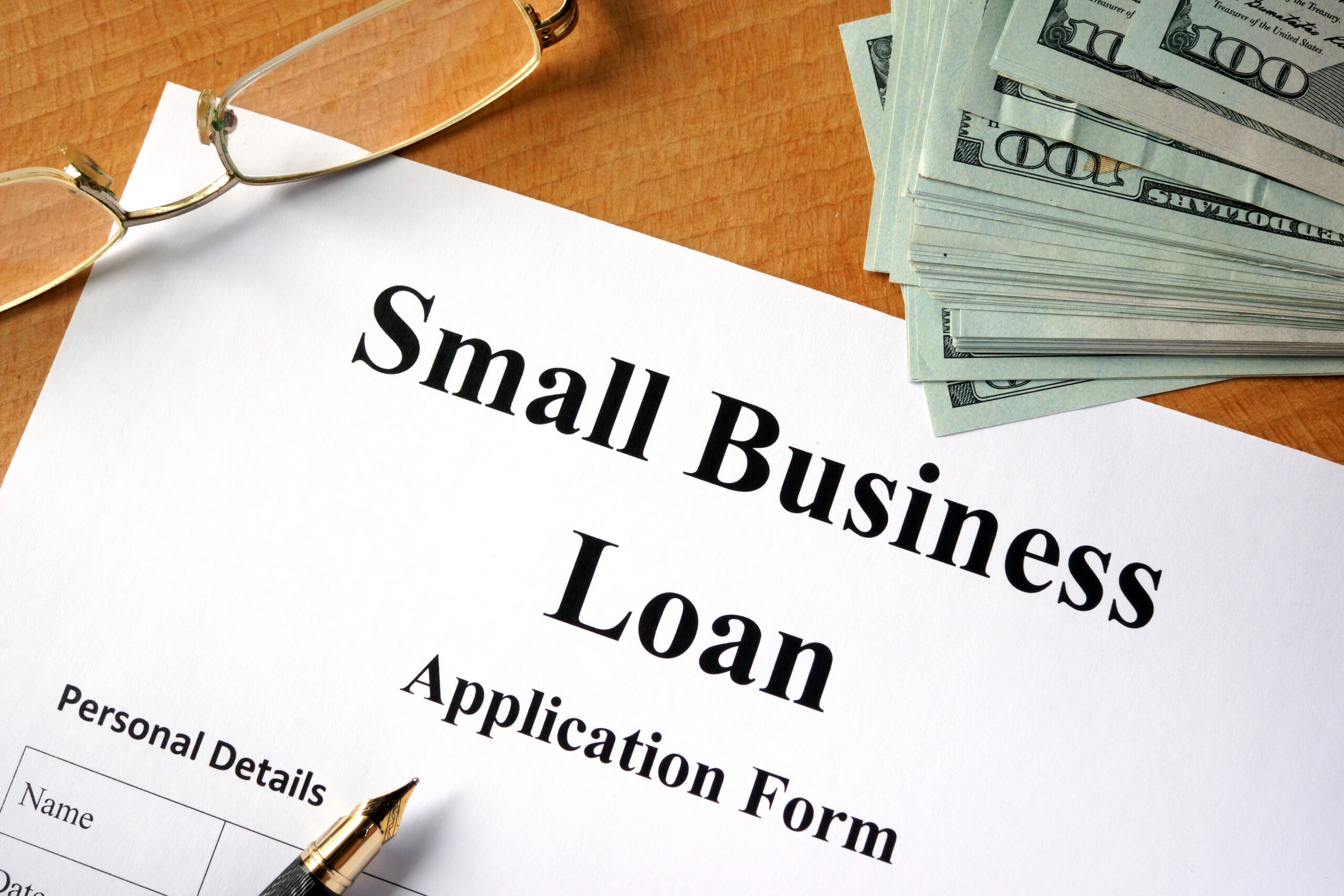Starting or growing a small business often requires financial support, and securing the right loan can make all the difference. Whether you need funds for inventory, equipment, expansion, or working capital, choosing the best small business loan is crucial.
In this guide, we’ll break down the top small business loan options, their pros and cons, eligibility requirements, and tips for getting approved—all in simple, easy-to-understand language.
1. What Are Small Business Loans?
Small business loans are financing options designed to help entrepreneurs cover expenses like:
- Starting a new business
- Purchasing equipment or inventory
- Expanding operations
- Managing cash flow gaps
- Hiring employees
Lenders offer different loan types with varying terms, interest rates, and repayment structures. The best loan for your business depends on your needs, creditworthiness, and financial situation.
2. Types of Small Business Loans
A. Term Loans
Best for: Established businesses needing a lump sum for expansion or large purchases.
- How it works: You receive a fixed amount upfront and repay it (plus interest) over a set term (1-10 years).
- Pros: Predictable payments, competitive interest rates for qualified borrowers.
- Cons: Requires strong credit and financial history.
B. SBA Loans (U.S. Small Business Administration Loans)
Best for: Businesses that want low-interest, long-term financing with government backing.
- Popular SBA loan programs:
- SBA 7(a) Loan: Up to $5 million for general business use.
- SBA 504 Loan: For real estate or equipment purchases.
- SBA Microloan: Up to $50,000 for startups or small needs.
- Pros: Low rates, long repayment terms (up to 25 years).
- Cons: Strict eligibility, lengthy approval process.
C. Business Lines of Credit
Best for: Flexible funding for ongoing expenses or emergencies.
- How it works: Like a credit card—you draw funds as needed and pay interest only on what you use.
- Pros: Reusable, great for cash flow management.
- Cons: Higher interest rates than term loans.
D. Equipment Financing
Best for: Buying machinery, vehicles, or technology.
- How it works: The equipment serves as collateral, often leading to easier approval.
- Pros: Lower rates, fixed repayment terms.
- Cons: The lender can seize equipment if you default.
E. Invoice Financing (Accounts Receivable Financing)
Best for: Businesses with unpaid invoices needing immediate cash.
- How it works: You borrow against outstanding invoices, repaying when customers pay.
- Pros: Fast funding, no collateral needed.
- Cons: High fees, depends on customer payments.
F. Merchant Cash Advances (MCAs)
Best for: Businesses with high credit card sales needing quick cash.
- How it works: You get an upfront sum in exchange for a percentage of daily credit card sales.
- Pros: Fast approval, no fixed repayment schedule.
- Cons: Extremely high costs (effective APR can exceed 100%).
G. Microloans
Best for: Startups or small businesses needing modest funding ($50,000 or less).
- Lenders: Nonprofits, community lenders, and some online lenders.
- Pros: Easier approval, good for newer businesses.
- Cons: Small loan amounts, shorter repayment terms.
3. How to Choose the Best Small Business Loan
Step 1: Determine Your Needs
- How much do you need?
- What will the funds be used for?
- How quickly do you need the money?
Step 2: Check Your Eligibility
Lenders look at:
- Credit score (personal & business)
- Time in business (many require 1-2 years)
- Annual revenue (minimums vary by lender)
- Collateral (for secured loans)
Step 3: Compare Lenders
- Banks: Best for low rates but strict requirements.
- Online lenders: Faster approval, higher rates.
- Credit unions: Member-focused, good rates.
- Alternative lenders: Flexible but expensive.
Step 4: Review Loan Terms
- Interest rates (fixed vs. variable)
- Repayment term (short-term vs. long-term)
- Fees (origination, prepayment penalties)
4. Top Small Business Lenders
1. Bank of America
- Best for established businesses with strong credit.
- Offers term loans, lines of credit, and SBA loans.
2. Wells Fargo
- Great for small business lines of credit.
- Requires good credit and solid revenue.
3. OnDeck
- Best for fast online funding (approval in 24 hours).
- Higher rates but easier approval than banks.
4. Kabbage (by American Express)
- Flexible business lines of credit.
- Good for businesses with fair credit.
5. Funding Circle
- Peer-to-peer lending for small businesses.
- Competitive rates for qualified borrowers.
6. BlueVine
- Best for invoice factoring and lines of credit.
- Quick funding for cash flow needs.
5. Tips for Getting Approved
- Improve Your Credit Score – Aim for 680+ for better rates.
- Prepare Financial Documents – Bank statements, tax returns, profit & loss statements.
- Write a Solid Business Plan – Lenders want to see how you’ll use the funds.
- Consider a Co-Signer – If your credit is weak, a guarantor can help.
- Shop Around – Compare multiple lenders for the best deal.
6. Alternatives If You Can’t Get a Loan
- Business credit cards (for smaller expenses)
- Grants (free money, but competitive)
- Crowdfunding (via Kickstarter, GoFundMe)
- Personal loans (if business credit is limited)
Final Thoughts
Finding the best small business loan requires research and preparation. Whether you opt for an SBA loan, line of credit, or online lender, choose the option that aligns with your business goals and financial situation.
By understanding your needs, comparing lenders, and improving your eligibility, you can secure the funding needed to grow your business successfully.
Would you like recommendations based on your specific business type? Let us know in the comments!



